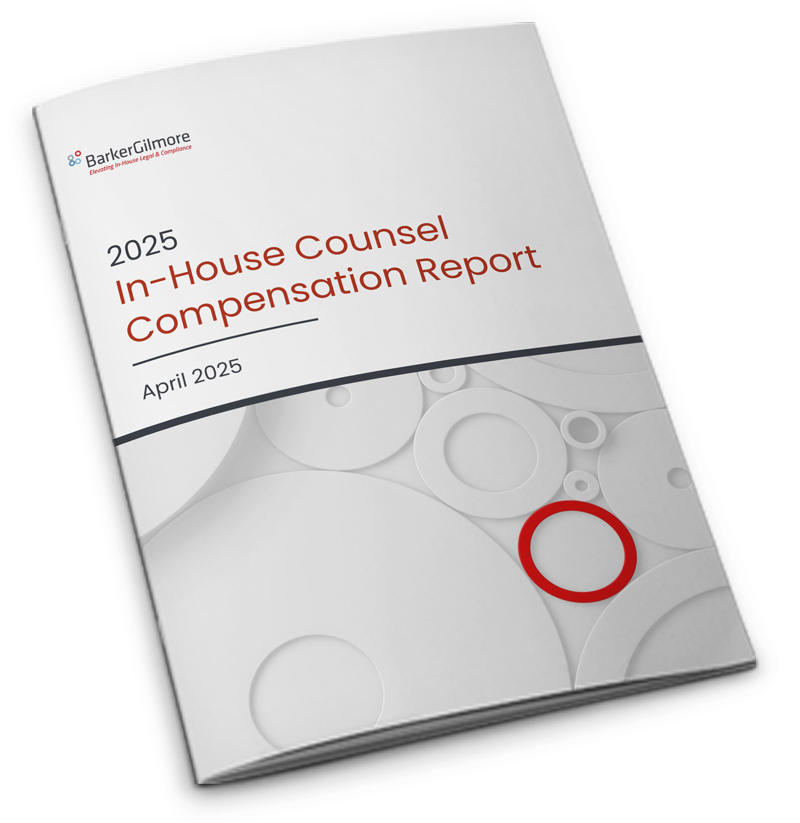After reading and writing many articles on best practices for in-house counsel and compliance officers, I decided to look at development from a different angle. My father impressed upon me to learn from my mistakes, and from the mistakes of others. This is the first of a multi-part article addressing the most common mistakes made by lawyers new to becoming in-house counsel — mistakes often made by seasoned in-house veterans, too — and ideal development action items.
The following insights and advice have been gathered over a number of years from clients and our own internal team; some are direct comments and some are summarized from discussions. I’m grateful for the hundreds of successful GCs in various industries around the country who were gracious to take time to provide such thorough and thoughtful responses regarding this important topic.
Following are top mistakes as witnessed by General Counsel nationwide:
1. Not fully understanding what they have signed up for.
Thinking they are trading hard work for a balanced lifestyle, thinking that they don’t have to worry about conflicting client expectations just because now their clients are all under one roof, and thinking their role is “claims preventer” rather than “business enabler.” Most in-house counsel roles are more complicated than being a partner at a large law firm because of the complexity of large publicly traded companies.
2. Trying to be too perfect in everything.
The reality is that as in-house counsel you often need to make educated business decisions based on imperfect information, with an onus on moving quickly because business opportunities and challenges can be extremely time-sensitive.
3. Taking on too much work for one’s internal business partners.
As outside counsel, there is a practice and habit of taking on any billable work that a client provides. When one moves in-house, it may seem natural to take an “I’ll do it for you” approach in an expansive way, which can lead to performing a lot of work for other functions and less efficiency in getting legal work finished. This can lead individuals within other functions to characterize responsibilities as “legal” when much or all of that work could be done by the businessperson.
While collaboration is important and a positive aspect of being in-house, in-house counsel need to make certain there are clear lines of accountability, and be able to efficiently and expertly exceed at the legal portion of work before taking on other responsibilities. Learn to draw lines and say no.
4. Not understanding that the politics of a company are very different than that of a law firm.
Too many lawyers step on too many toes when they come in-house because they don’t fully understand the complex politics of large companies, particularly those that are public.
5. Taking an academic/theoretical approach vs. a practical one.
An outside counsel supporting a corporate client, unless they’re lead partner, may have often provided legal positions that didn’t fully consider the nuances or cultural norms of the client. In their role of providing support to a senior partner, an academic point of view was the right product to provide. Moving in-house, they’re expected to become far more pragmatic and learn subtle nuances to the very specific context of their employer.
6. Failing to realize that their internal clients are simply looking for “the answer…”
…as quickly as possible, and are not interested in how they came up with “the answer,” or in what other possible answers are out there. In short, you are assumed to be bright, so be brief and answer fast. It’s not about billable hours, it’s about making good decisions efficiently.
7. Practicing law and providing advice the same way as when in private practice.
Because of time constraints, billing concerns and even liability issues, private practice attorneys often provide conservative advice without fully understanding the unique needs, strategy and culture of the company they represent.
8. Making quick decisions and offering advice that fails to meet the needs or strategies of their company because new in-house counsel want to impress their C-suite.
New in-house counsel need to make sure they have a good grasp of the goals and culture of their company so counsel can offer advice that helps the company meets its goals, while making sure the advice is consistent and supportive of company values and standards.
9. Not dedicating themselves wholly to learning the business from the minute they are offered the job.
The greatest value in-house counsel bring is knowing the business as well as the business people they serve as customers. Too often, counsel sit back and wait for problems to come to them, when in fact they should wade into the business chaos because that’s where they’re needed the most. They can only bring true value if they understand the business operations, strategies and tactics. That’s when in-house proves its greatest value.
10. Explaining things to business people in terms that are interesting or comprehensible to lawyers but the business people don’t care.
A law firm lawyer primarily counsels lawyers—sophisticated, trained professionals who understand legal risks and basics of legal theory; in-house, clients include scientists, clinical operations specialists, finance professionals, sales and marketing people, etc. They do not want or need complicated legal analysis or detailed legal memos. They need an answer to their questions and they need it immediately. It’s important to do the necessary legal research, especially for high-risk areas, but good in-house lawyers know how to distill information into easily digestible language for their clients.
11. Failing to understand your company’s accepted risk/return balance or working in that context.
Trying to over-lawyer and mitigate all risk, rather than advise of risk and let the business accept some risk.
12. Failing to integrate with other departments.
Legal should be involved in finance, accounting, quality, operations and other departments’ planning and business meetings so they can help shape discussions and plans, and make each department more successful.
13. Not being self-aware or being able to read the room.
It is a tough transition to realize that in-house you have fewer tools, fewer resources and just as much work. You have to learn not to let great get in the way of good enough. It is hard to learn that line. However, unlike a firm where the client does not want to pay for an internal meeting, folks internally genuinely want to help. Asking for help (after they have done the work to know what they don’t know) is always welcome.
14. Failing to appreciate the need to gain clients’ trust that you are looking out for their best, long-term interests.
This can happen in extremes — giving advice that is too definitive or prescriptive without being able to fully understand or articulate the client’s actual needs/goals; or, conversely, giving advice that fails to articulate a definitive recommendation.
I could go on, but the common denominator is this: in-house lawyers must gain a comprehensive appreciation for the business and be able to connect effectively with their in-house business clients. In-house attorneys can’t just provide advice and walk away; as vested, integral parts of the business, present and future. They own the results of their advice, and will be there to live with the results, good or bad.
Thanks again to everyone who has shared their insights with me over the years!
Thomson Reuters re-published this article on July 24, 2017.
Connect with a legal recruiting advisor
* indicates required fields




